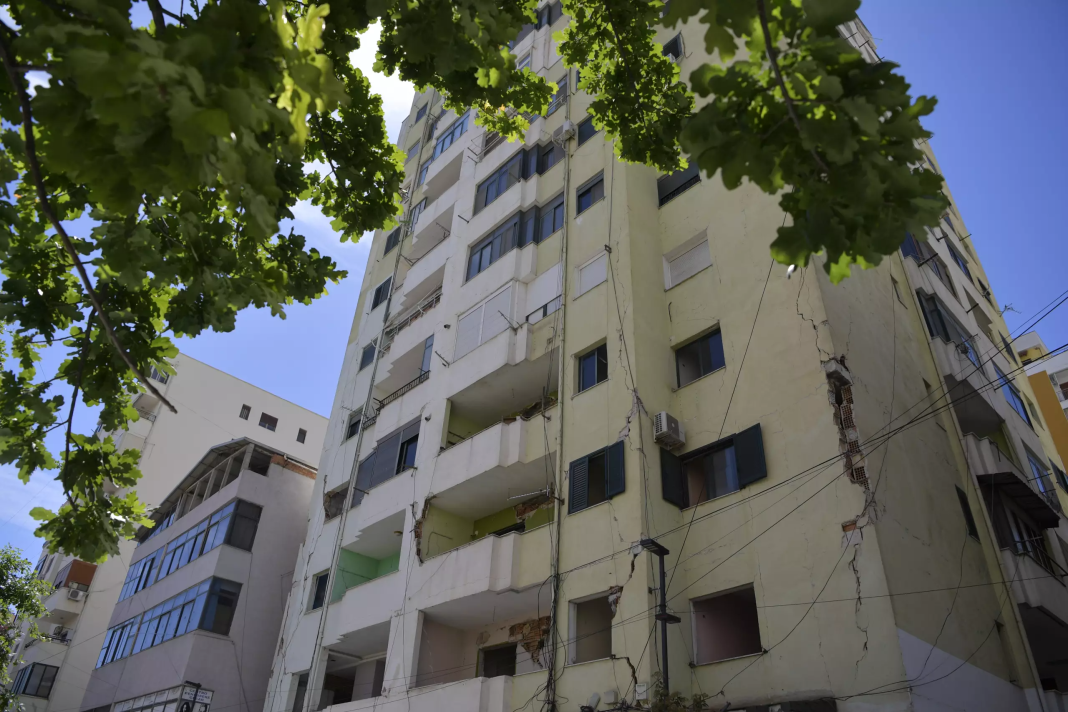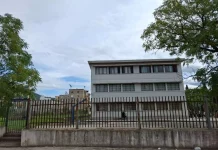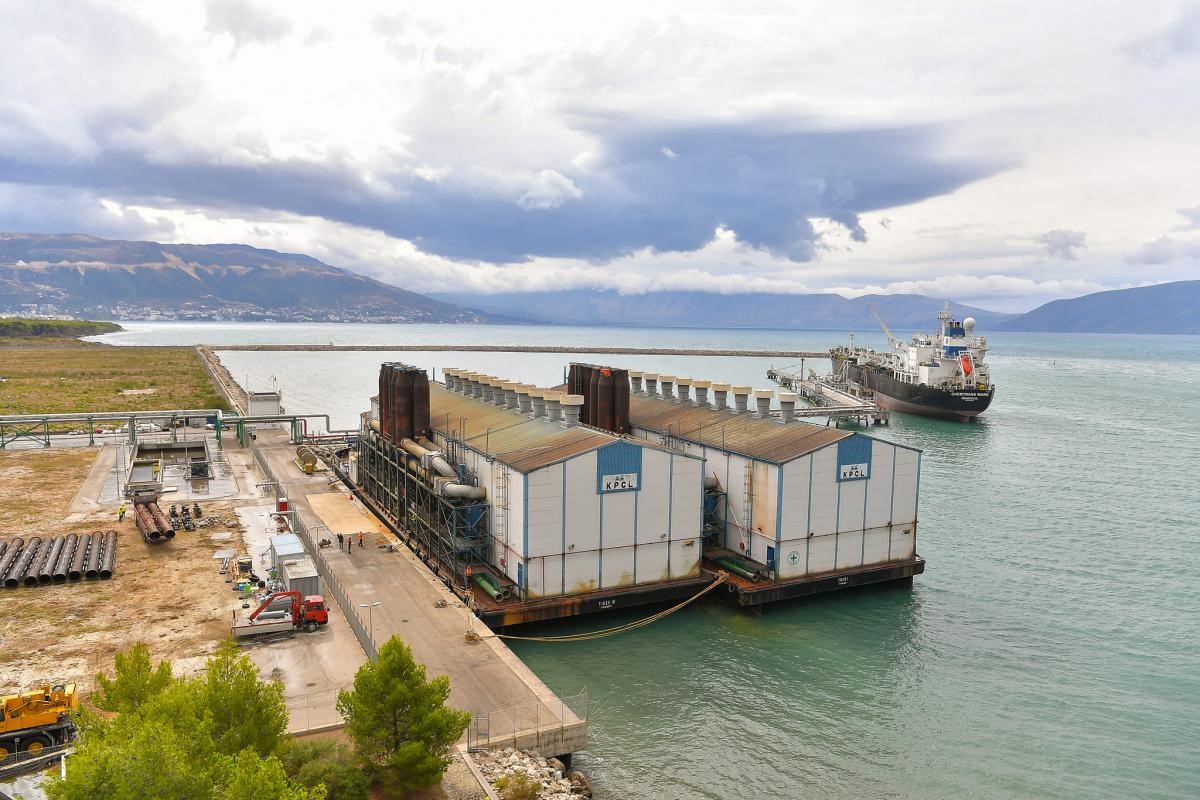Five years after the devastating earthquake, thousands of families remain without a roof over their heads. The Prime Minister had promised that homeless families would receive homes by 2020, but the process is still not completed. Over 1 billion Euros have been allocated from the budget for reconstruction, which is expected to finish in 2026.
Esmeralda Topi
Just hours after the destructive earthquake of November 26, 2019, left thousands of Albanian families homeless, Prime Minister Edi Rama promised that all those affected would be relocated to new homes within a year.
‘By 2020, there should be no discussion about anyone who lost their home in the earthquake. Everyone should be in better conditions than before the earthquake.’, Rama promised at the time.
Fact
Five years after the tragic earthquake, thousands of families remain homeless. The reconstruction process has been delayed year after year with no clear timeline for completion. According to the head of the Institute of Municipalities, the delays have been caused by several factors.
‘Complicated administrative procedures and bureaucracy have prolonged the approval of projects and the allocation of funds. Insufficient coordination between municipalities and the central government has often led to delays. Priorities have frequently been set based on unclear criteria, creating feelings of inequality within communities. The limited technical and financial capacities, stemming from an insufficient budget, fall short of expectations,’ argues Haxhimali.
The official new deadline for completion is the end of 2026. However, experts say the process will likely take more time.
‘This five-year mark should serve as a wake-up call for revising priorities and strengthening institutional management. It should also be a moment of reflection and review to accelerate the fulfillment of obligations to the affected citizens,’ says Haxhimali from the Institute of Municipalities.
The Reconstruction Burden on the Budget
Data processed by Faktoje indicates that the state budget has borne the main financial burden of the reconstruction effort. Since the establishment of the reconstruction fund, the expenditures up to November of this year have amounted to 126.4 Billion Lek, which is over 1 Billion Euros.

Source: Ministry of Finance
With the latest regulatory act, the government has added 2 Billion Lek to this year’s budget for the financing of reconstruction works. Additionally, the budget for the upcoming year includes another 2 Billion Lek for the fund.
According to the data, the financial burden on Albanian taxpayers for the reconstruction has been highest in the first four years. Although the funds will be lower, they are expected to continue being allocated in the budget until at least the end of 2026. The budget projects 2 Billion Lek for reconstruction two years from now.
Donor Funds
During the donor conference for reconstruction in Brussels, Albania was offered 1.15 Billion Euros in grants and concessional loans.
‘The international community has committed 1.15 Billion Euros to Albania, which is a remarkable figure that will meet the country’s needs, and I am deeply moved by the solidarity shown by the international community toward Albania,’ said European Commission President Ursula von der Leyen, standing alongside Prime Minister Edi Rama in February 2020.
Out of the 1.15 Billion Euros in donor funds, 750 million were soft loans. However, the government chose not to utilize these low-interest loans and instead placed the burden of reconstruction on the state budget.
Data from the Ministry of Finance shows that since 2020, the government has secured 38 credit lines from various international financial institutions. Yet, none of these lines were used for reconstruction purposes.
‘The government didn’t use these loans because it lacked the ability to allocate funds to its oligarchs and clients, including those linked to organized crime. Instead, it relied on the state budget, which was still insufficient,’ argues Zef Preçi, executive director of the Albanian Center for Economic Research.
In the name of emergency, most of the reconstruction contracts were awarded through restricted procedures and direct negotiations.
‘If you don’t follow the written rules, no donor will give you funds because they are accountable to taxpayers. They have manuals and set rules, and breaking them makes anyone certifying funds that don’t reach their intended destination responsible, based on the rules defined for the funds given,’ Preçi further emphasizes.
Conclusion
Based on the collected information, we categorize Prime Minister Edi Rama’s promise that ‘by the end of 2020, there should be no more discussion about anyone who lost their home in the earthquake’ as unfulfilled.










